At McAdams Dental, we believe that understanding this connection is crucial for our patients' well-being. We will explore how periodontal disease can affect your overall health and why taking care of your oral health should be a top priority.
What is Periodontal Disease?
Periodontal disease is an inflammatory condition that affects the gum tissues and the bone that support your teeth. It typically develops due to poor oral hygiene, allowing harmful bacteria to accumulate and form plaque and tartar on your teeth and gums. Over time, this can lead to various stages of gum disease, from gingivitis (mild) to periodontitis (severe), and eventually tooth loss.
Recent scientific research has revealed a link between periodontal disease and a range of systemic health conditions. The mouth serves as a gateway to the body, and the bacteria and inflammation associated with periodontal disease can have far-reaching consequences for your overall health. Here are some of the key health conditions associated with periodontal disease:
Cardiovascular Disease
Studies have shown that individuals with periodontal disease are at a higher risk of developing heart disease. The inflammation and bacteria from gum disease can enter the bloodstream and contribute to the formation of plaque in the arteries, increasing the risk of heart attacks and strokes
People with diabetes are more prone to gum disease, and gum disease can also make it harder for those with diabetes to control their blood sugar levels. The two conditions create a harmful cycle, where untreated gum disease can worsen diabetes, and uncontrolled diabetes can exacerbate gum disease.
Respiratory Infections
The bacteria in the mouth can be inhaled into the lungs, potentially leading to respiratory infections such as pneumonia. Periodontal disease is also known to exacerbate existing conditions such as COPD and asthma. This is especially concerning for vulnerable populations, like the elderly and individuals with compromised immune systems.
Pregnant women with periodontal disease may be at a higher risk of preterm birth and low birth weight in their babies. It's believed that the inflammation and infection from gum disease may trigger an inflammatory response in the body, potentially leading to premature birth.
Rheumatoid Arthritis
There is evidence to suggest that the inflammation associated with gum disease can exacerbate rheumatoid arthritis and other autoimmune diseases. Managing gum health can potentially help in managing these conditions.
Other Connections
Studies have also shown connections between periodontal disease and other systemic health conditions including: cancer, endocarditis, osteoporosis, and others.
The connection between periodontal disease and other health conditions is becoming increasingly clear, highlighting the importance of good oral hygiene and regular dental check-ups. At McAdams Dental, we are committed to helping you maintain not only a healthy smile but also a healthy body. If you have any concerns about your oral health or suspect you may have gum disease, please don't hesitate to reach out to us at (480) 991-4727.
Find more information on this subject here:
1. American Dental Association
https://www.ada.org/resources/research/science-and-research-institute/oral-health-topics/periodontitis
2. Mayo Clinic
https://www.mayoclinic.org/healthy-lifestyle/adult-health/in-depth/dental/art-20047475
3. Penn Medicine and Centers for Disease Control and Prevention.
ttps://www.pennmedicine.org/updates/blogs/heart-and-vascular-blog/2019/march/gum-disease-and-heart-disease
4. American Academy of Ophthalmology (2016)
https://www.aao.org/eyenet/article/oral-health-poag
5. Harvard Medical School
https://www.health.harvard.edu/staying-healthy/gum-disease-may-signal-warning-for-pancreatic-cancer
6. Bingham, C. O., 3rd, & Moni, M. (2013). Periodontal disease and rheumatoid arthritis: the evidence accumulates for complex pathobiologic interactions. Current opinion in rheumatology, 25(3), 345–353.
https://doi.org/10.1097/BOR.0b013e32835fb8ec
7. National Institute of Dental and Craniofacial Research
https://www.nidcr.nih.gov/health-info/hiv-aids
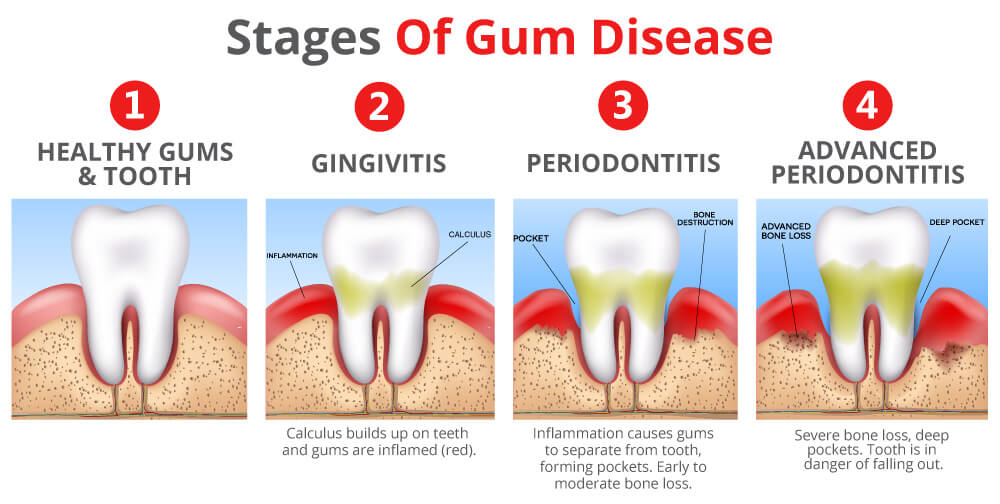
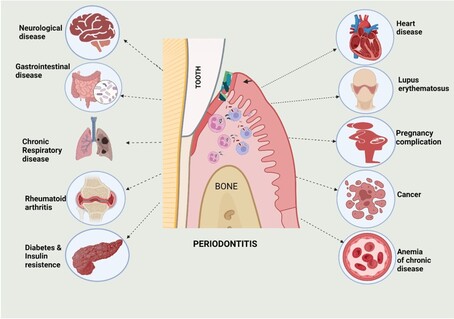
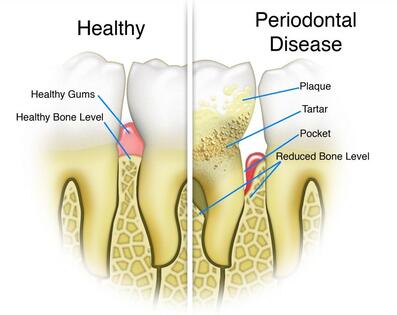
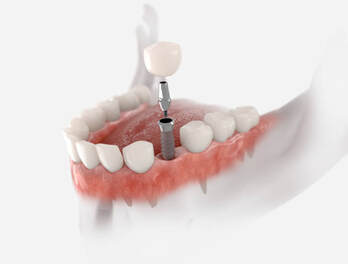
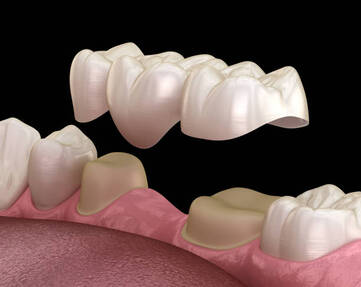
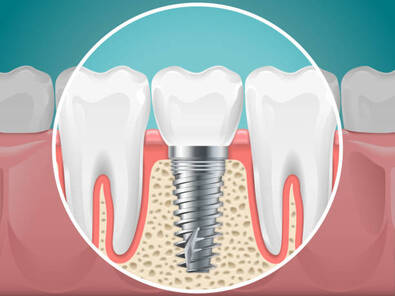
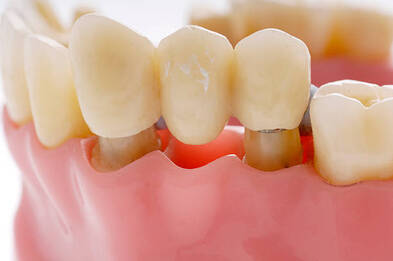
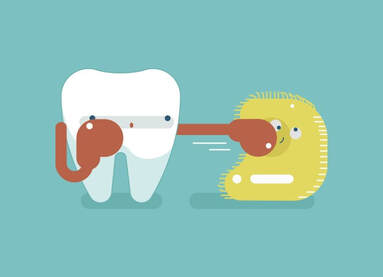
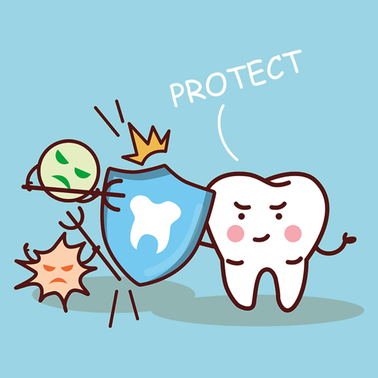
 RSS Feed
RSS Feed